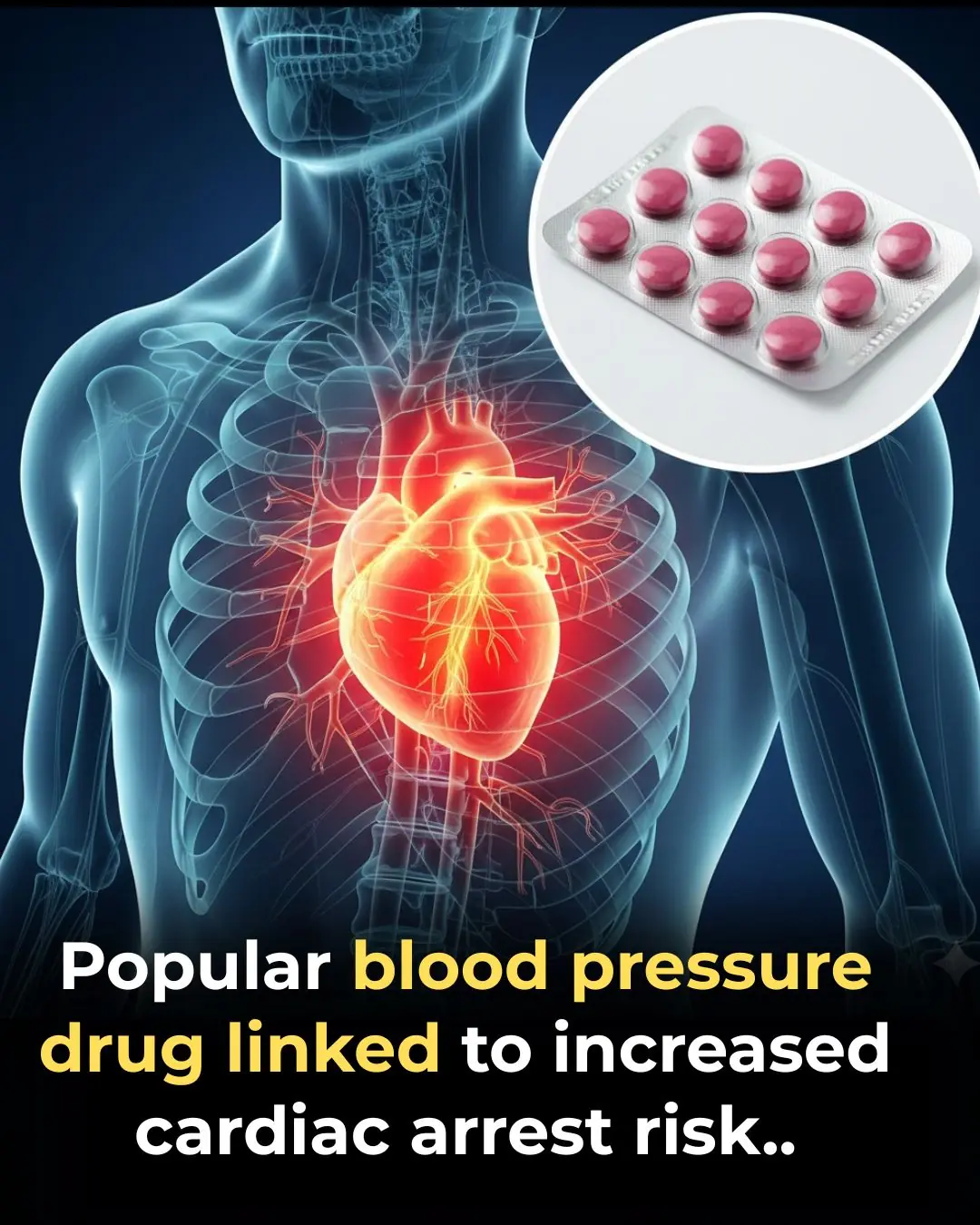
8 Early Signs of Mild Kidney Dysfunction Many People Overlook Until It Becomes Serious
Kidneys play a vital role in keeping the body healthy by filtering waste, balancing electrolytes, and regulating blood pressure. Yet early-stage kidney dysfunction often develops silently, showing symptoms so mild that many people ignore them. By the time clear signs appear, kidney damage may already be advanced. Understanding the subtle indicators can help individuals seek medical evaluation early and protect long-term kidney health. Below are eight commonly overlooked signs of mild kidney dysfunction.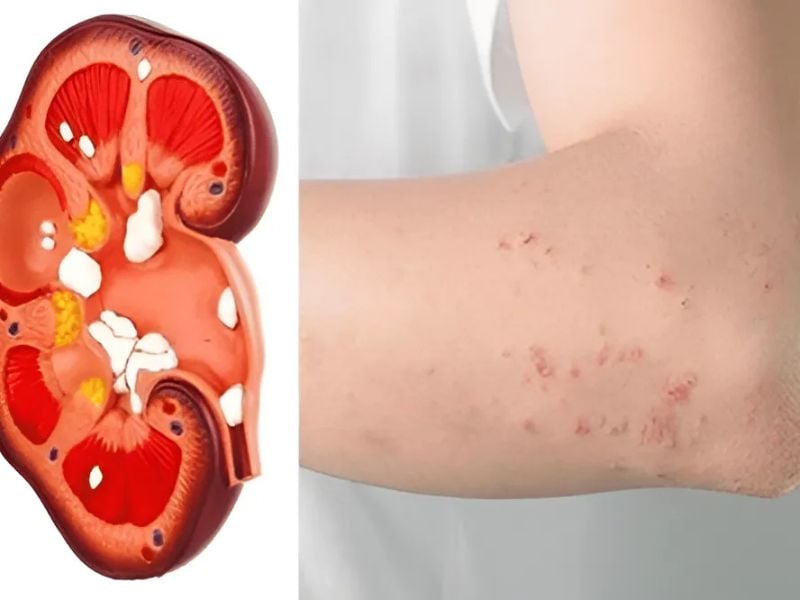
1. Persistent Fatigue and Low Energy
Feeling unusually tired, even after adequate sleep, is one of the earliest signs that the kidneys may not be functioning efficiently. Healthy kidneys produce a hormone called erythropoietin, which supports red blood cell production. When kidney function declines, this process may be disrupted, leading to reduced oxygen delivery to tissues. The result is chronic fatigue, difficulty concentrating, and a general sense of weakness that many people mistakenly attribute to stress or aging.
2. Changes in Urination Patterns
Because the kidneys help produce urine, even mild dysfunction can cause noticeable changes. These may include urinating more often at night, producing unusually foamy urine, or noticing fluctuations in the amount of urine passed. Some people also report a sense of pressure or discomfort while urinating. Since urinary changes can be caused by many different conditions, people often disregard them, but they can be an early signal of kidney stress.
3. Swelling in the Hands, Feet, or Face
Fluid retention is another subtle sign that the kidneys may not be filtering waste and excess water properly. Mild swelling—especially around the eyes in the morning or in the ankles after standing for long periods—is commonly overlooked. Although swelling can result from lifestyle habits, weather, or hormonal changes, persistent puffiness deserves attention.
4. Dry or Itchy Skin
Healthy kidneys help maintain a balance of minerals and nutrients in the blood. When their function begins to decline, waste products can accumulate, and essential minerals may fall out of balance. This can cause dry, rough, or itchy skin. Many people treat it as a common skin issue, but unexplained itching that lasts for weeks could reflect deeper internal imbalances.
5. Metallic Taste or Bad Breath
A buildup of waste in the bloodstream may cause a persistent metallic taste in the mouth or produce breath that smells unpleasant despite good oral hygiene. Some people experience reduced appetite or weight loss due to altered taste perception. These symptoms are subtle and easy to blame on digestive issues or dental concerns, but they can be linked to declining kidney efficiency.
6. Muscle Cramps
Imbalances in electrolytes such as calcium, potassium, and sodium can cause muscle cramps or spasms. Since the kidneys regulate these minerals, mild dysfunction may lead to nighttime cramps, twitching, or unexplained muscle aches. Many people simply assume they are dehydrated or overworked, overlooking the potential connection to kidney health.
7. Difficulty Sleeping
An increase in toxins in the blood can interfere with normal sleep patterns. People with early kidney issues may struggle to fall asleep, wake frequently during the night, or feel unrefreshed in the morning. Poor sleep is extremely common, so this symptom often goes unnoticed as a kidney-related sign.
8. High Blood Pressure
The kidneys play a major role in regulating blood pressure. Even mild kidney dysfunction can contribute to elevated readings. Because high blood pressure rarely causes discomfort, individuals often do not realize it may be a symptom rather than the cause of kidney issues.
Recognizing these subtle signs and seeking timely medical evaluation can make a significant difference. While these symptoms do not necessarily mean someone has kidney disease, they should not be ignored—early detection is key to protecting long-term health.
News in the same category


Powerful Health Benefits of Pineapple You Should Know
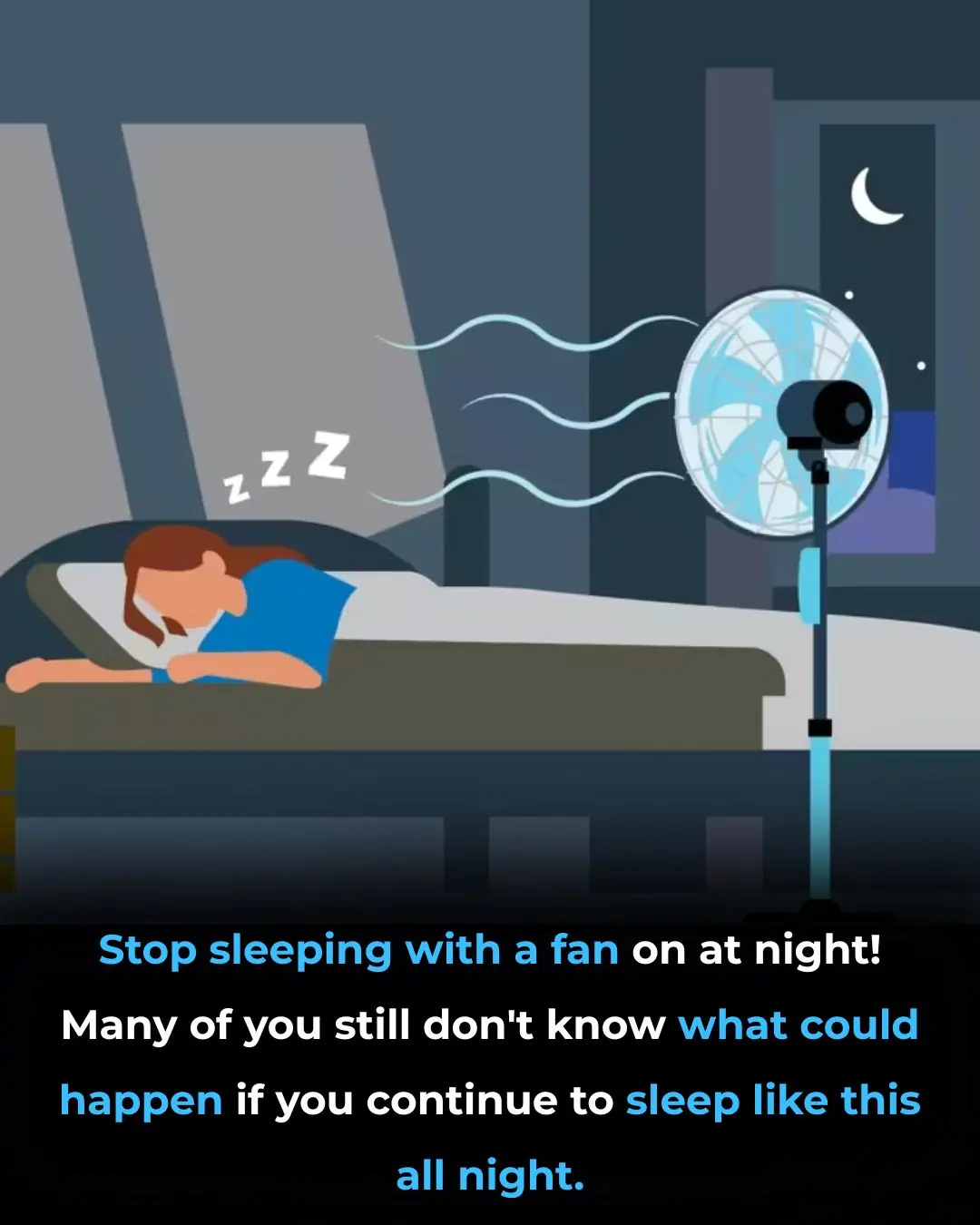
The Surprising Health Benefits of Sleeping in a Cold Room
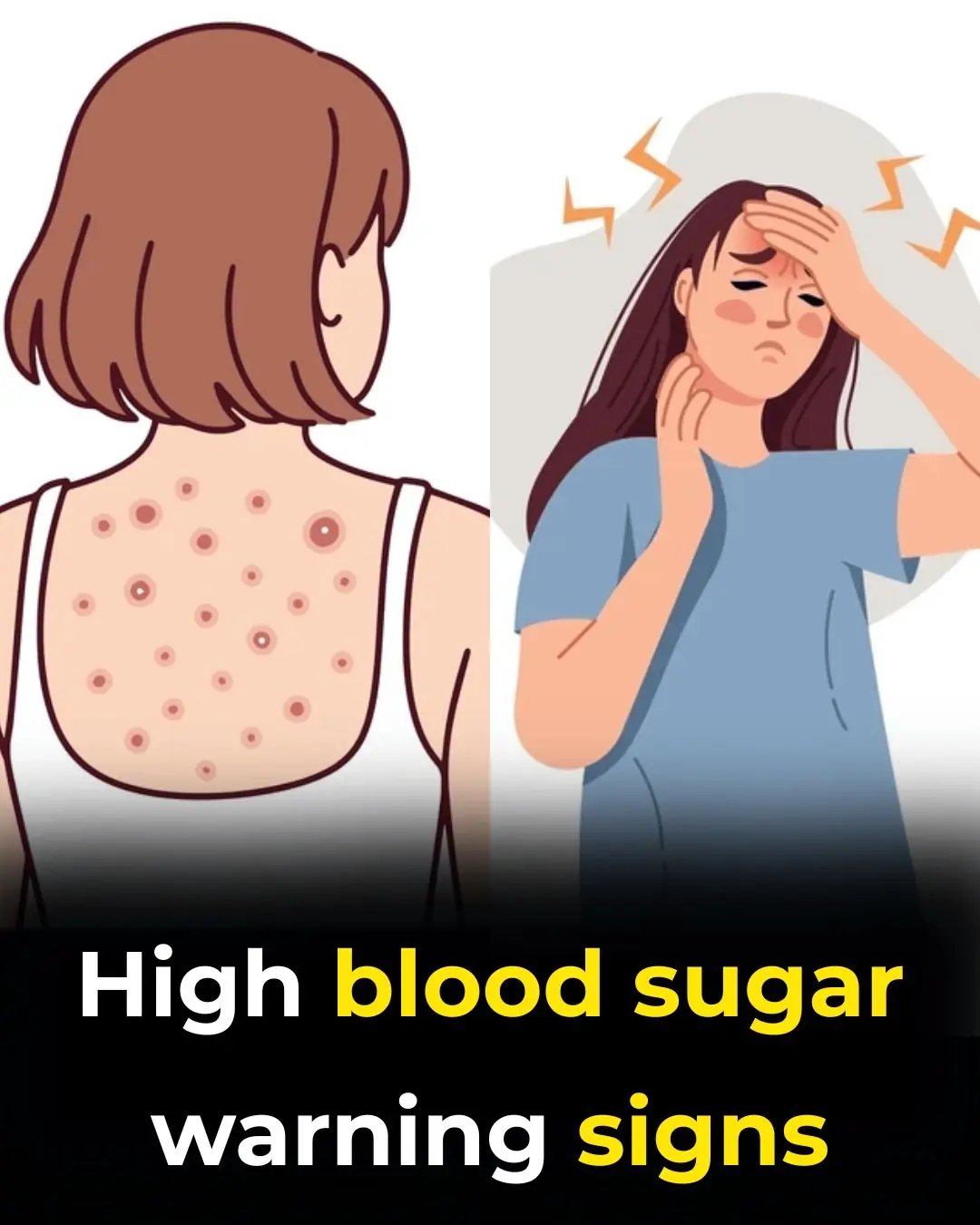
High Blood Sugar Warning Signs

🥚 A Look at How Certain Boiled Egg Habits May Affect Your Heart Health

🌿 Clove Water Sitz Baths for Women: A Gentle Guide to Hygiene and Comfort

What Happens to Your Body When You Eat Canned Tuna Every Day
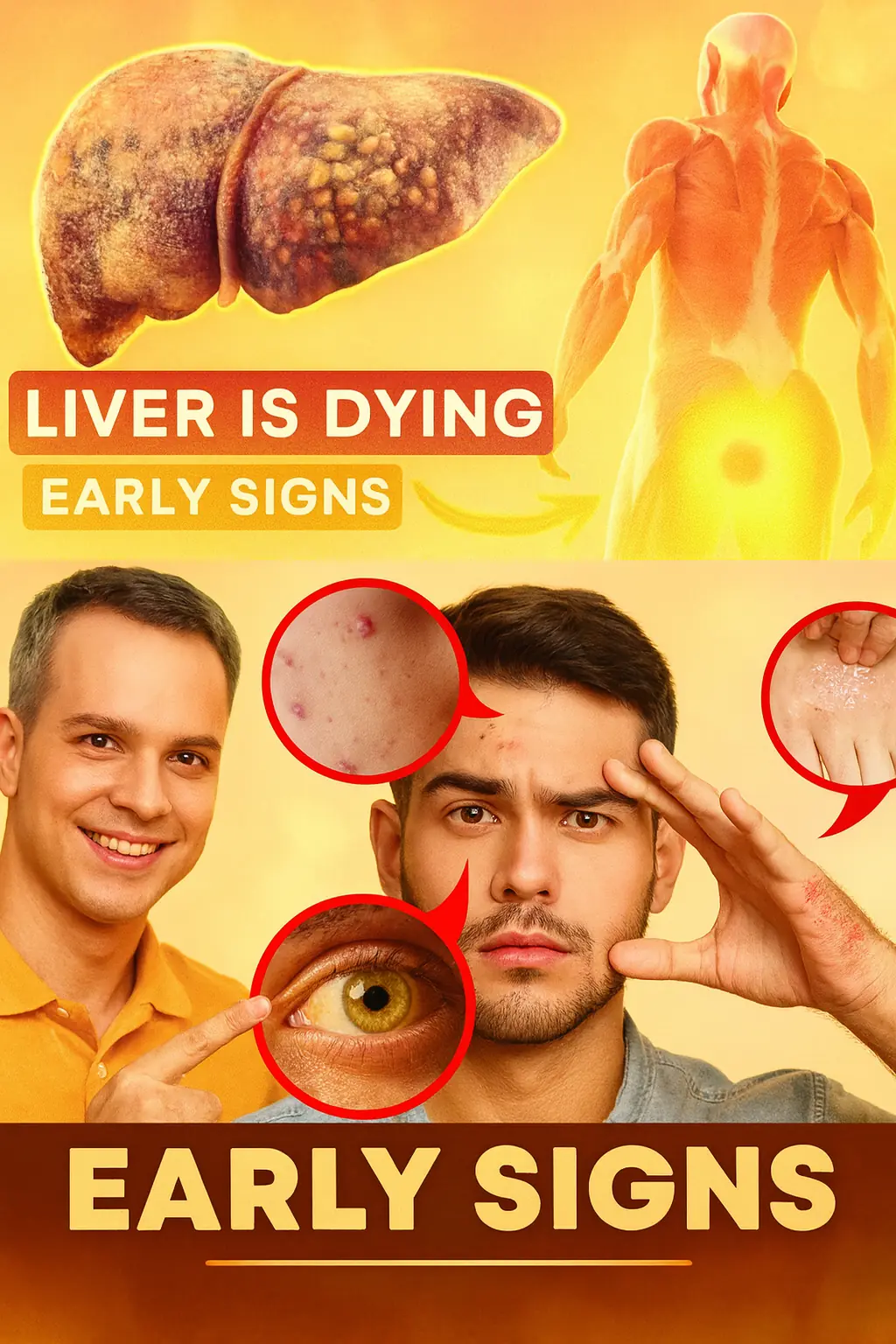
17 Warning Signs Your Liver Is Crying for Help
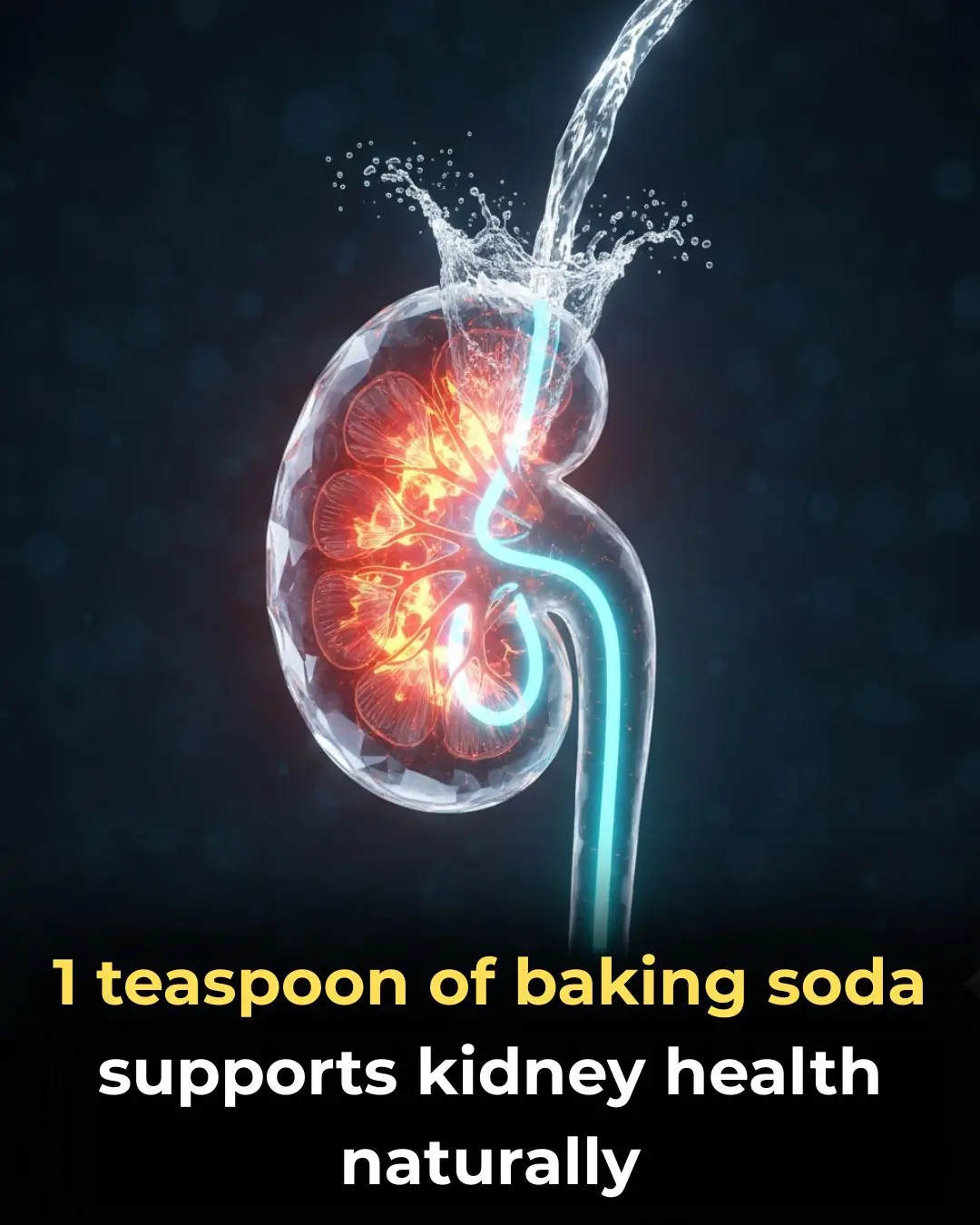
How to Support Your Kidneys Naturally Using 1 Teaspoon of Baking Soda
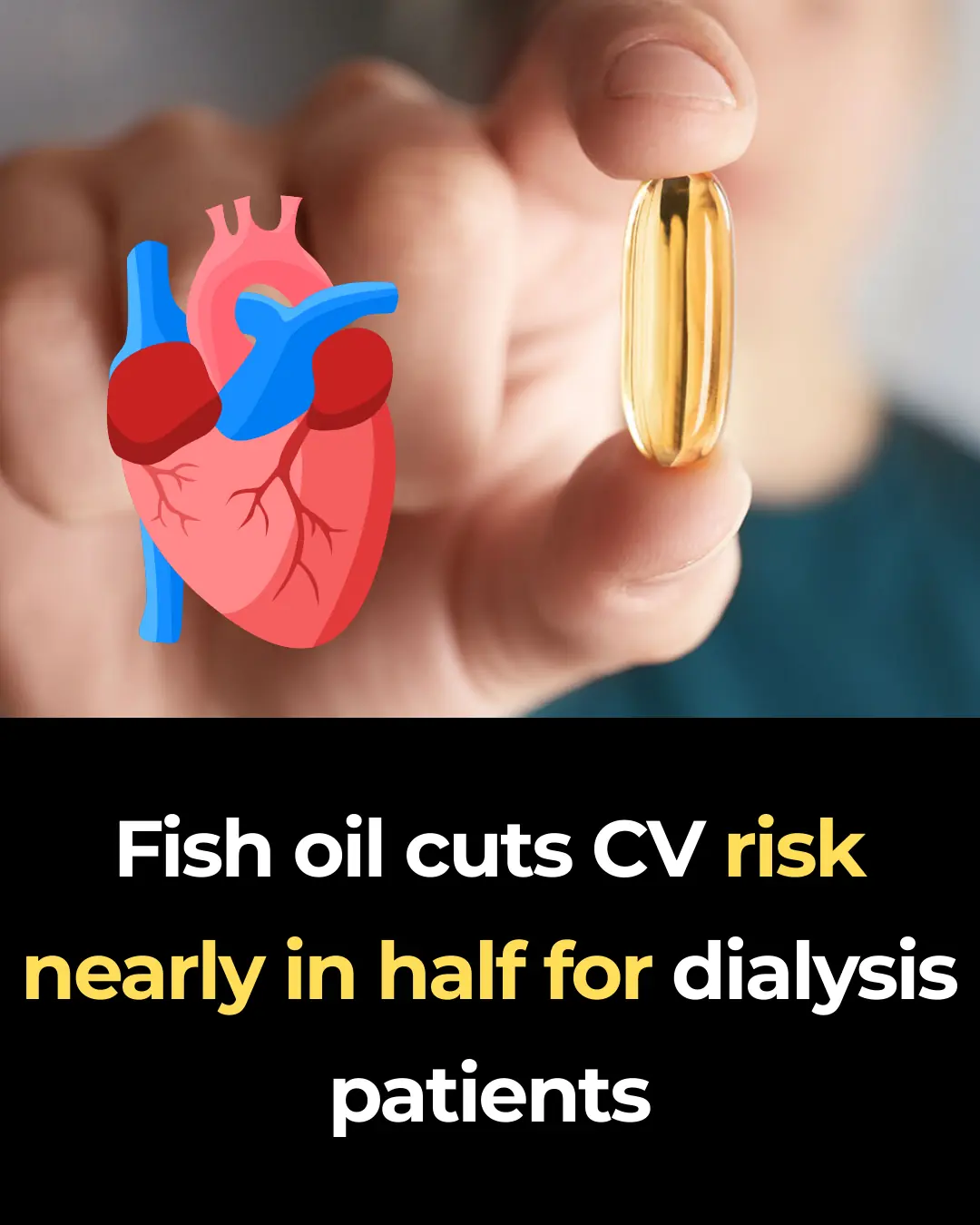
Fish oil cuts CV risk nearly in half for dialysis patients
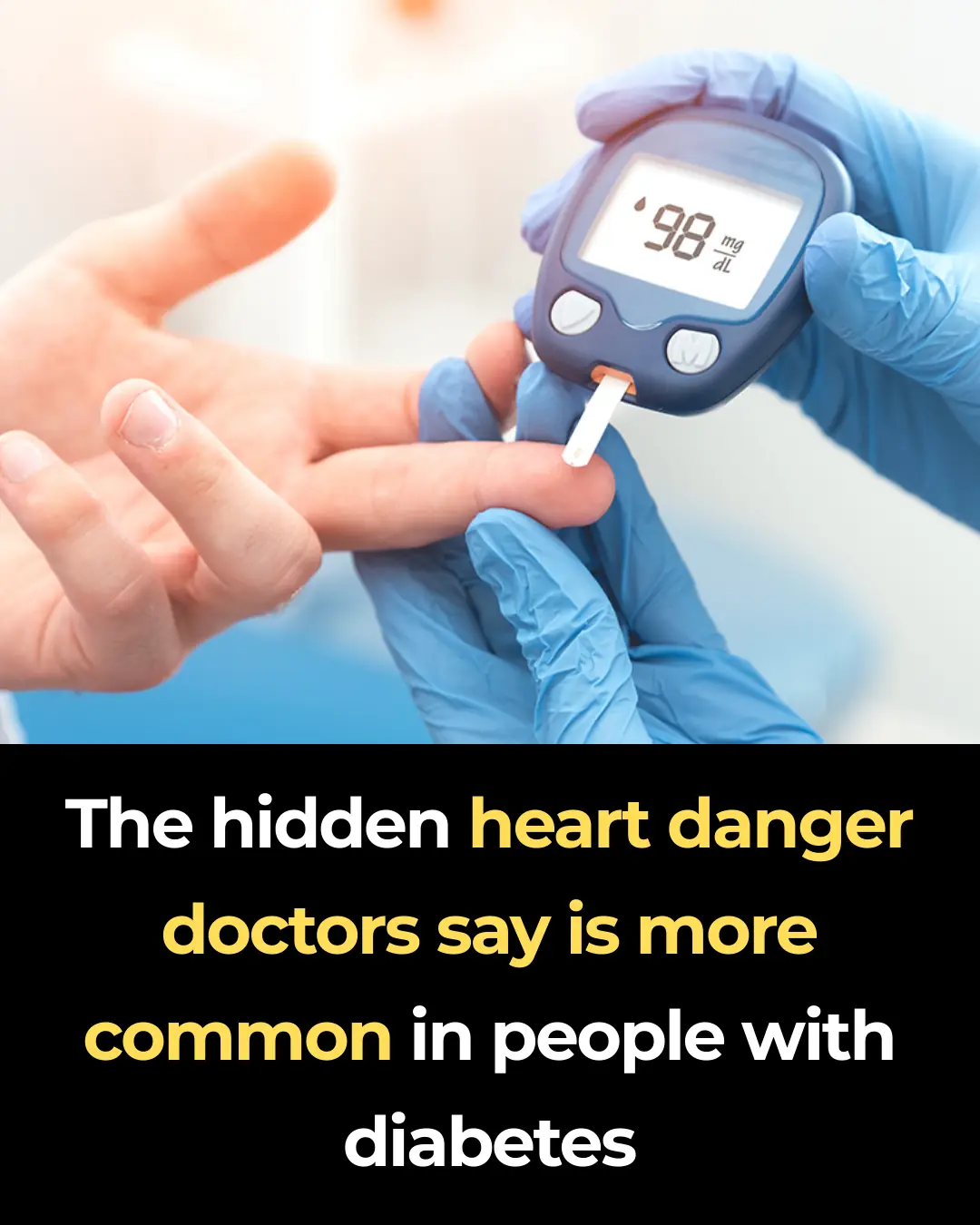
The hidden heart danger doctors say is more common in people with diabetes
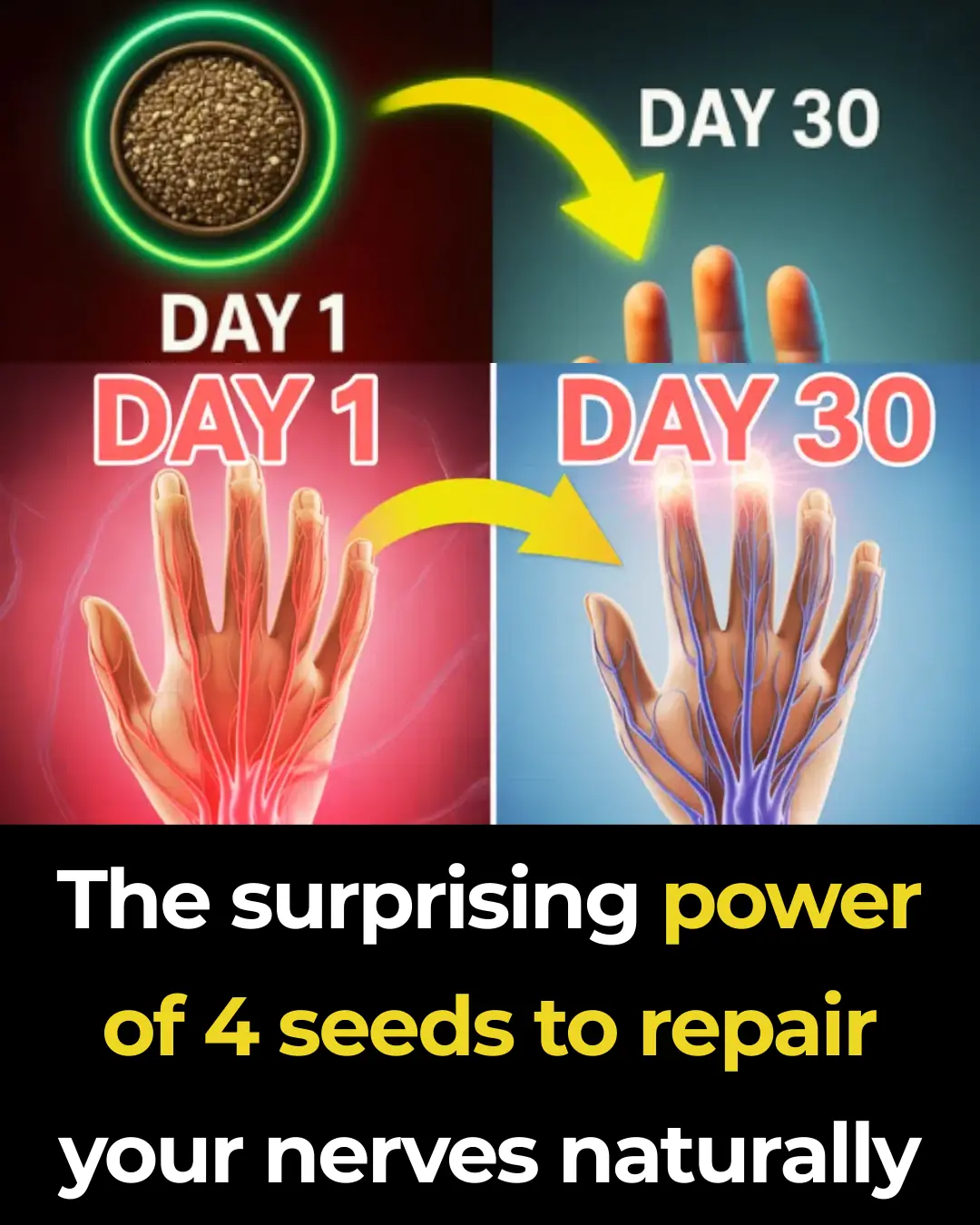
The surprising power of 4 seeds to repair your nerves naturally

Trial: mRNA Flu Vaccines More Effective Than Quad

3 Miracle Herbs to Instantly Lower Blood Pressure & Clear Arteries Naturally

The Surprising Uses of Lemon and Charcoal: A Natural Mix That May Change Your Daily Routine

The Green Bell Pepper Hair Growth Secret You NEED to Know
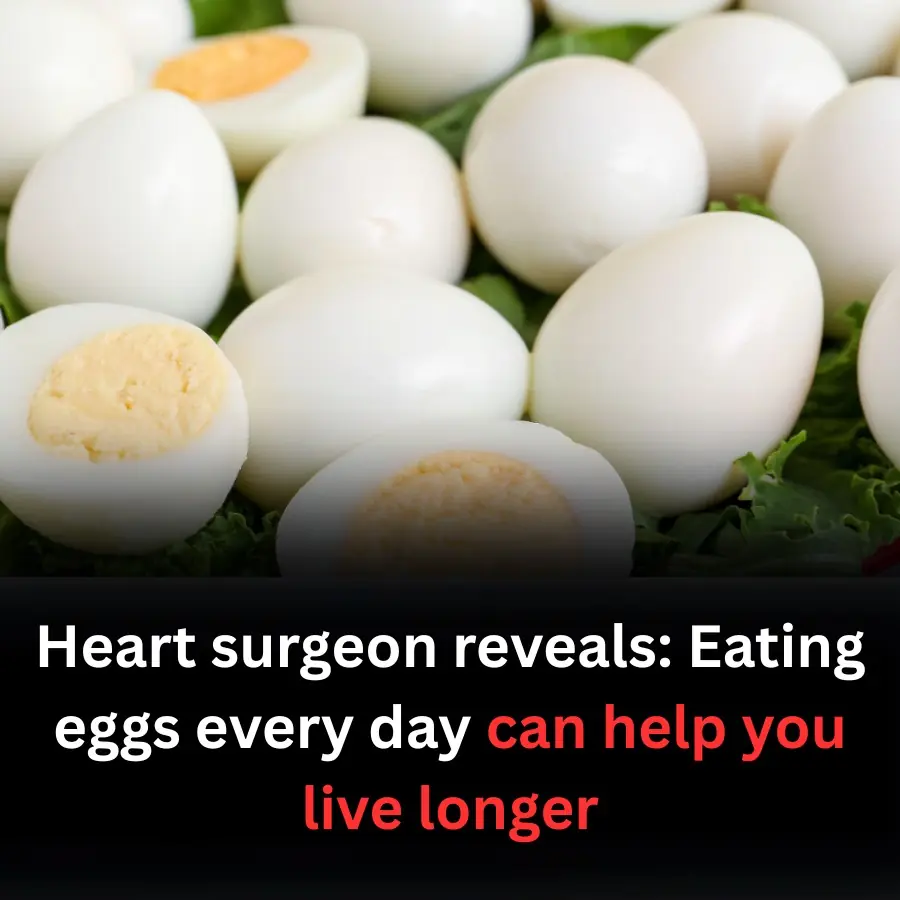
Eating eggs every day can help you live longer
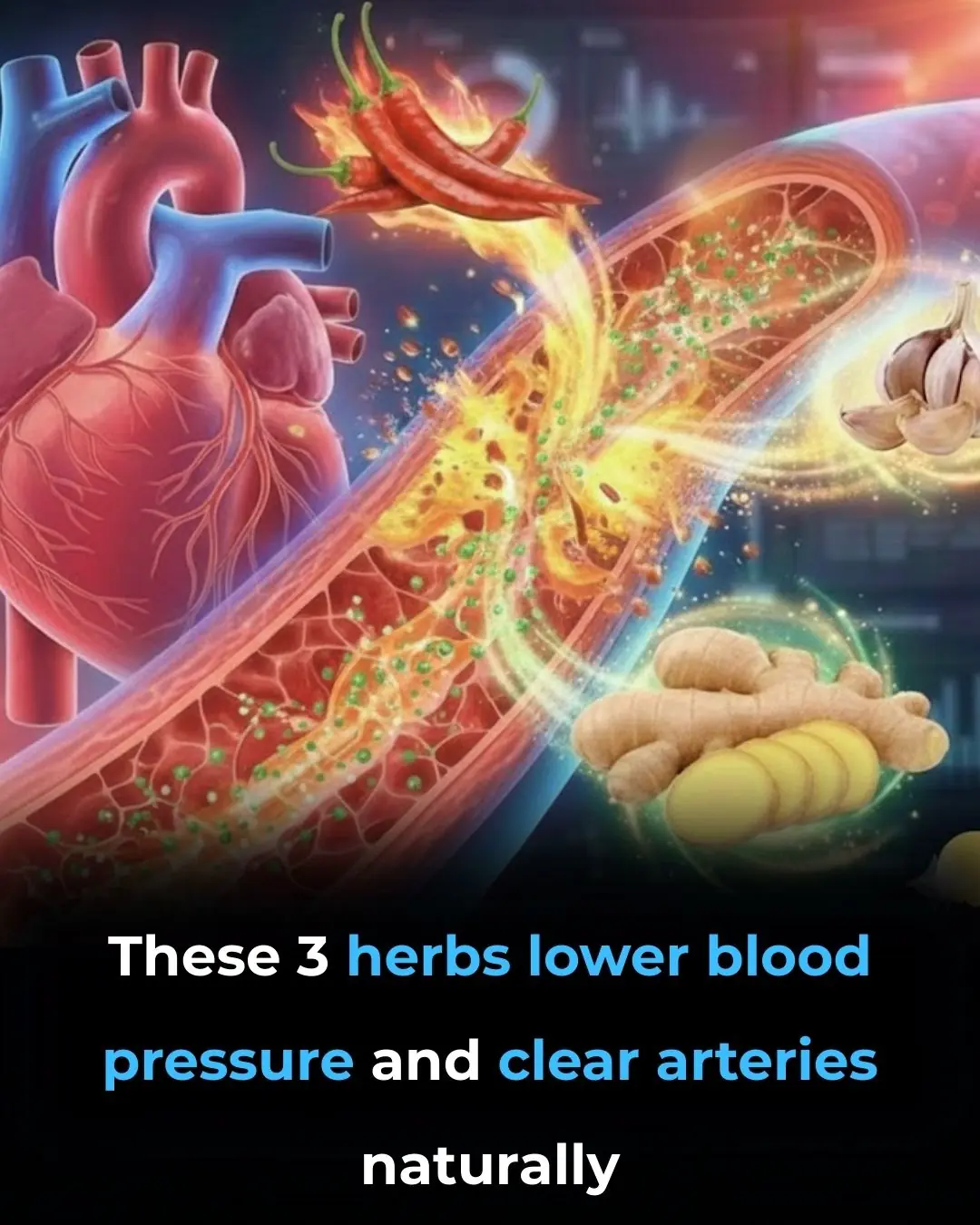
3 Miracle Herbs to Instantly Lower Blood Pressure & Clear Arteries Naturally

What is its effect. do you know?
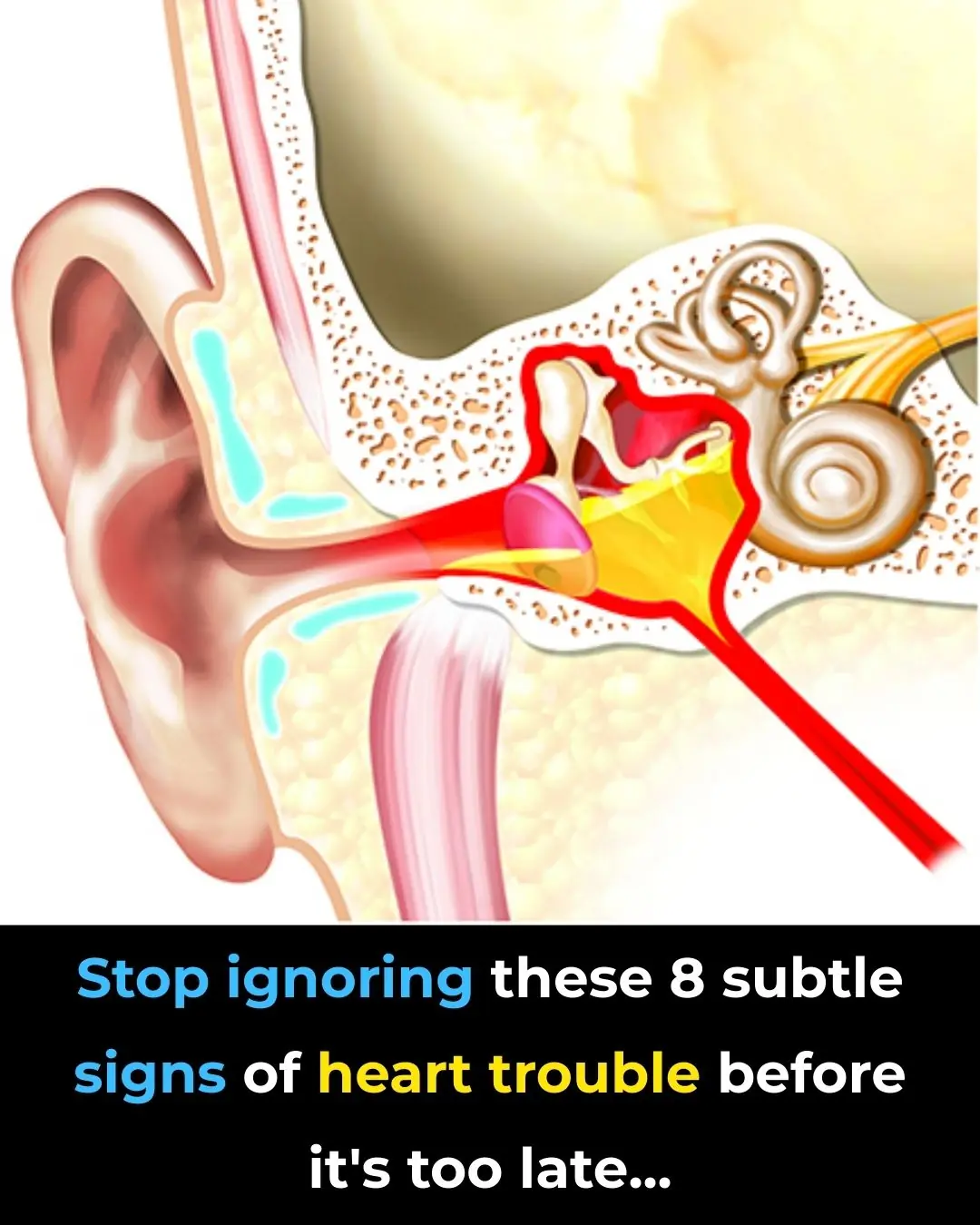
Stop Ignoring These 8 Subtle Signs of Heart Trouble Before It’s Too Late
News Post

High-Dose Nifedipine Linked to Increased Risk of Sudden Cardiac Arrest, New Study Suggests

How the U.S. Escaped Hurricane Landfalls in 2025

Ancient Shark Fossils Unearthed in Mammoth Cave Rewrite 325 Million Years of Evolutionary History

Powerful Health Benefits of Pineapple You Should Know

How an Italian Police Lamborghini Huracán Helped Save Lives by Delivering Kidneys Across Italy
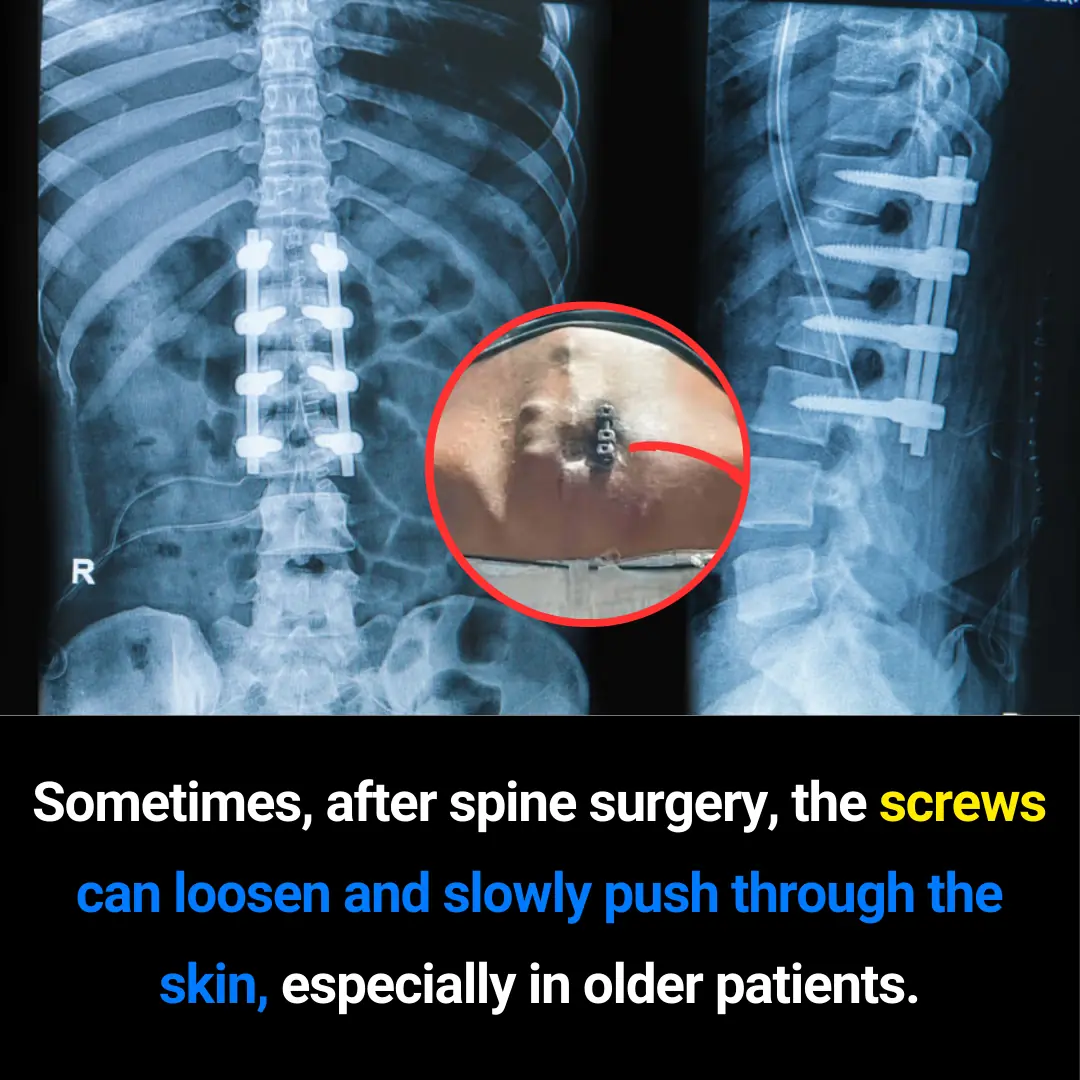
Can Spinal Screws Push Through the Skin? Understanding a Rare but Serious Post-Surgery Complication

Why the Tongue Is One of the Most Important Organs in the Human Body

What You Do First in This Scenario

The Surprising Health Benefits of Sleeping in a Cold Room

A 4-Minute, Zero-Effort Hack to Clean Grill Gunk – The Simple Trick My Nana Taught Me

High Blood Sugar Warning Signs

🥚 A Look at How Certain Boiled Egg Habits May Affect Your Heart Health

Small Steps, Big Impact: How 4,000 Steps a Day Can Transform Your Health

🌿 Clove Water Sitz Baths for Women: A Gentle Guide to Hygiene and Comfort

What Happens to Your Body When You Eat Canned Tuna Every Day

17 Warning Signs Your Liver Is Crying for Help

How to Support Your Kidneys Naturally Using 1 Teaspoon of Baking Soda

Fish oil cuts CV risk nearly in half for dialysis patients

The hidden heart danger doctors say is more common in people with diabetes
